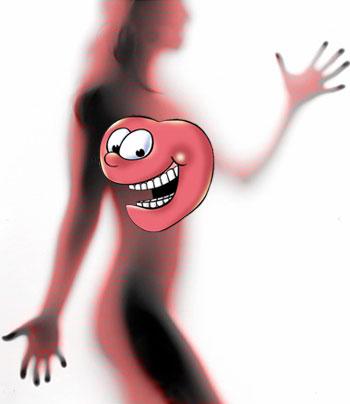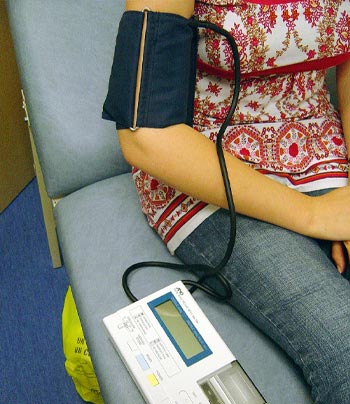
Ask any woman which disease she's most afraid of, and the reply you will usually get is breast cancer. The reality however is very different; heart disease kills more women than any other disease. This comes as a surprise to most, as heart disease was always thought to be a 'man's disease'. In reality, women are as much at risk for heart disease as men are, but are protected by their hormones till they reach menopause.
The hormone estrogen is responsible for the strengthening of arteries but risks posed by lifestyle changes are overpowering the protection given by estrogen. Risk factors such as smoking, erratic working hours, obesity and stress are no longer associated only with men. In India, within the next 10 years, it is expected that one out of every three women will die of heart disease.
Another sad statistic is that a much larger percentage of women die within one year after having a heart attack, as compared to men. The reasons for this are not well understood yet. One possible explanation is that women tend to get heart disease later in life and are therefore more likely to have co-existing chronic conditions. Women also tend to get less treatment than men, because they are typically not the main earning member of the family. This is seen all over the world and in our country as well.
Dr Panda is vice chairman and managing director, Asian Heart Institute


